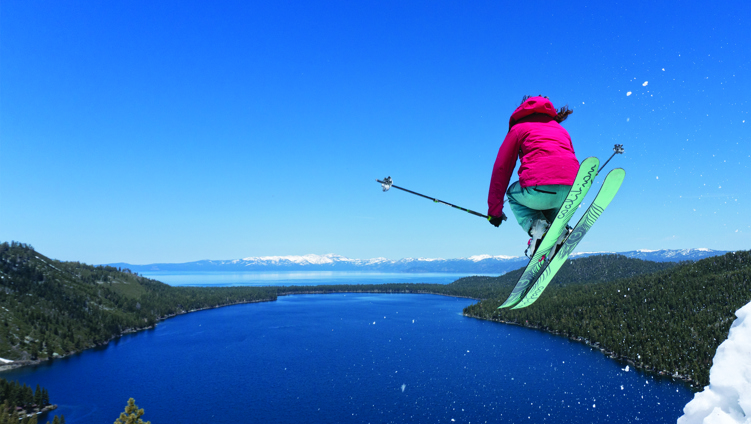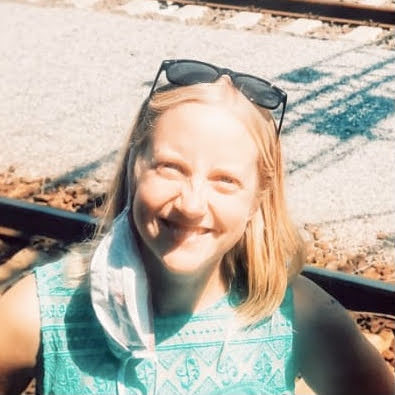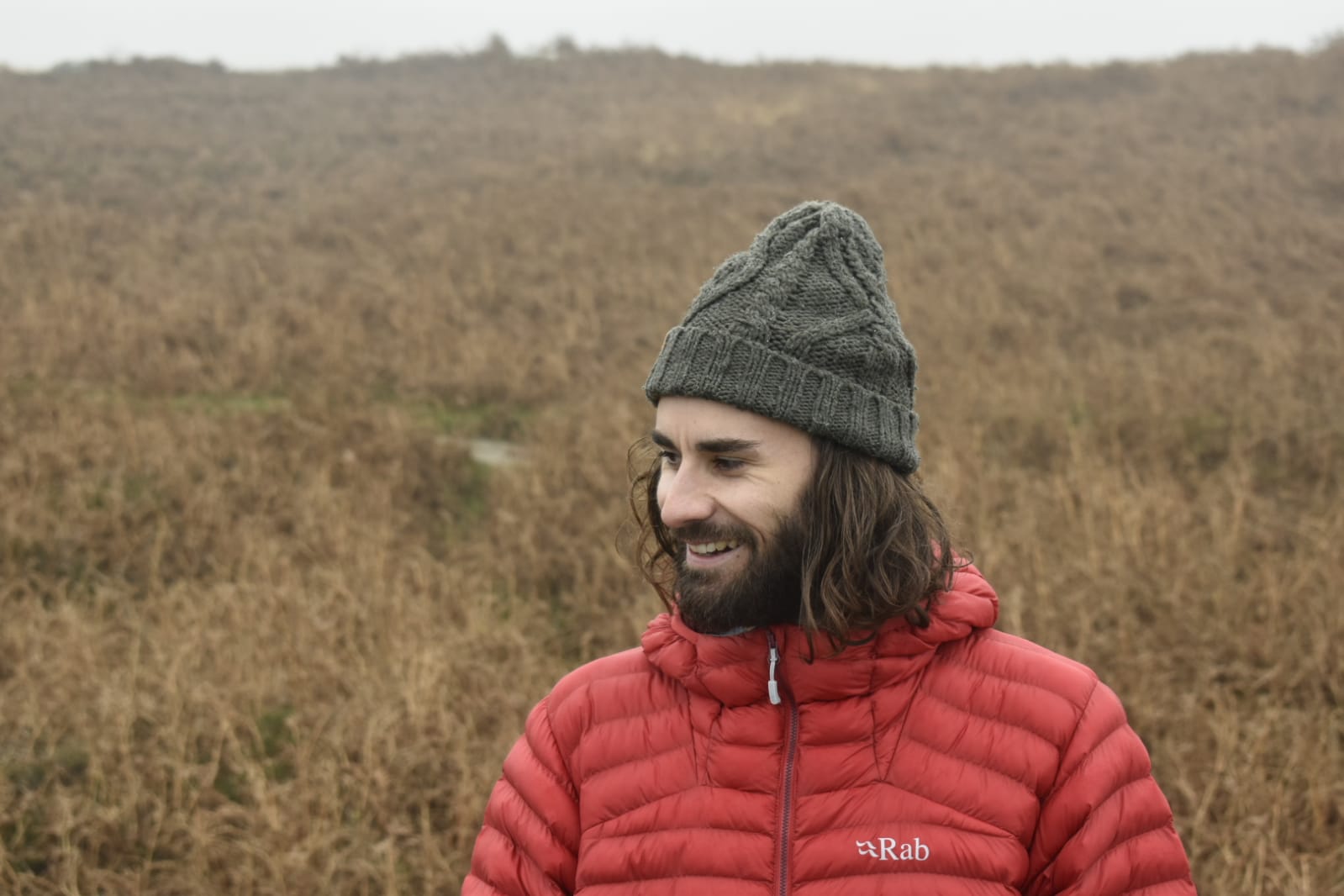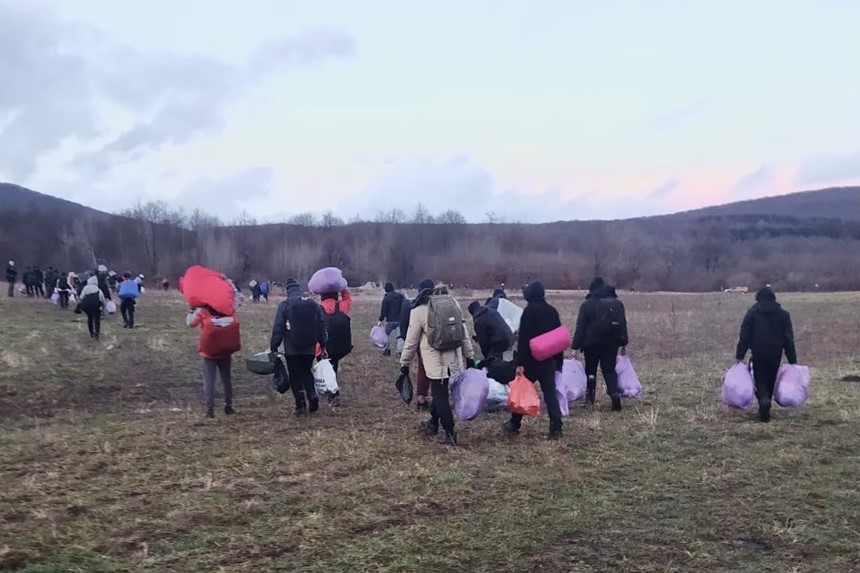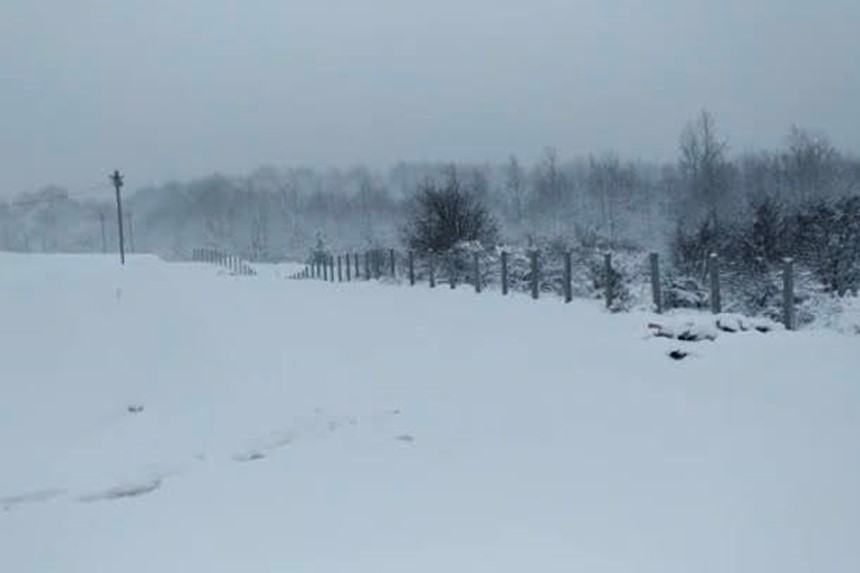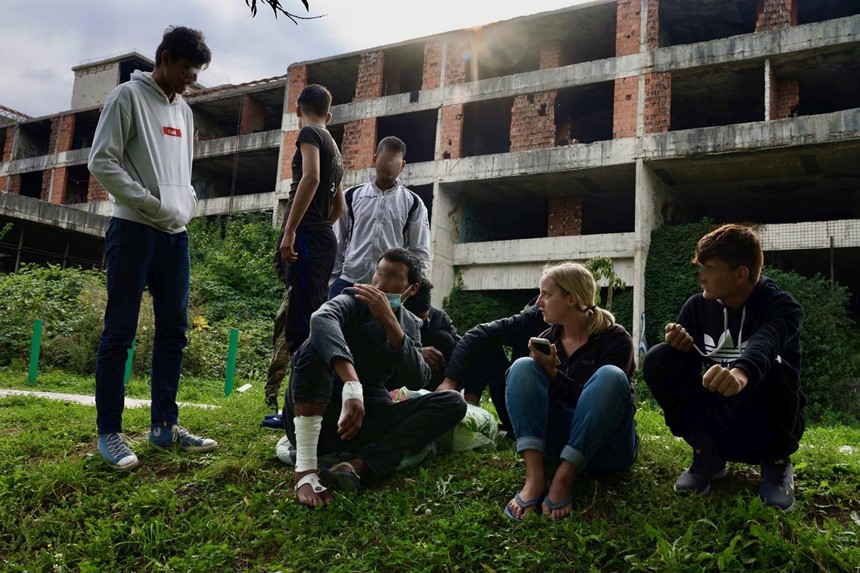It is wonderful to celebrate the achievements of adventurers who set out to complete an expedition, and fascinating to watch and read about what motivates people to push their bodies to do extraordinary things. The admiration we offer adventurers, like the athletes running the Marathon de Sables, is rooted in their bravery, determination and skill in the face of hardship and peril.
But how should we think about the asylum seekers and refugees undertaking journeys that, in many ways, are incredibly adventurous? There are at least two crucial differences compared with people typically considered adventurers.
The first is that asylum seekers and refugees have little or no choice. Without a legal route to safety, or a method of claiming asylum from abroad, there is no other way but to undertake such a perilous journey with basic equipment. Return to their home country is typically impossible. Nobody leaves their family, friends, job and home without strong justification.
The second key difference is how these journeys, these feats, are perceived. The right-wing presses would have us believe that only criminals and misfits would be making this journey. They paint a malicious picture of groups of suspicious men sneaking around in the woods, coming to steal our jobs and claim our hard-earned taxes. The reality is that clever people - engineers, doctors, activists, writers and scholars - are lost in the crowd of nameless faces, overlooked by those that don’t wish to be confronted with the truth.
Reading an account of Fiona Oakes completing the Marathon de Sables, we see her determined personality shine through the narrative of the trials and successes of her race. Little chance is given for personal insights and stories in the way we hear about refugees. Refugees like Amir, a serious man and member of a persecuted minority in Iran facing imprisonment or worse if he were to return. Like Faris, a laid-back chef from Kurdistan - an unrecognised country and an unrecognised people. Like Saeed, an electrical engineer from Pakistan, with a job in Italy already in place, if only he can get there. And like Mohammed, a polite and helpful graduate from Afghanistan, fluent in five languages and ready to help everyone he encounters.
Political tensions in Bosnia Herzegovina, as well as Europe’s determination to ignore the problem, leads to no simple solution. But the least we can do is to publicise illegal actions against refugees and tell the stories of the people concerned - the stories of my friends.
A group of young men and boys, dirty and smelly, approach the city centre of Trieste. Their torn clothes hang off their thin bodies as they near a pair of police officers. “We want to claim asylum, we are scared for our lives.” The journey has finished, they can be safe.
To find out more about the situation for refugees and migrants at the edges of the European Union, follow No Name Kitchen and Hannah Parry. You can make a donation to help these vulnerable people here.
